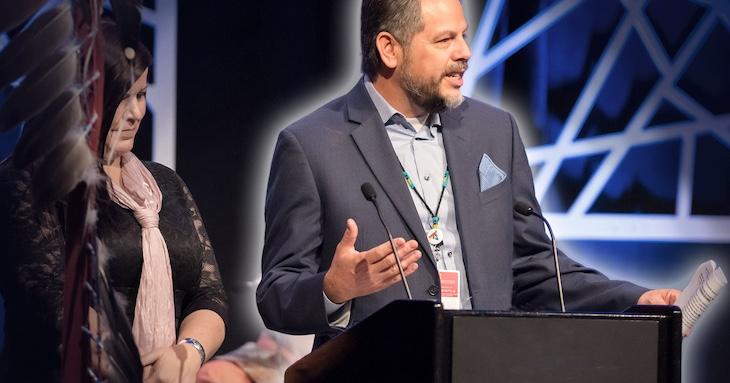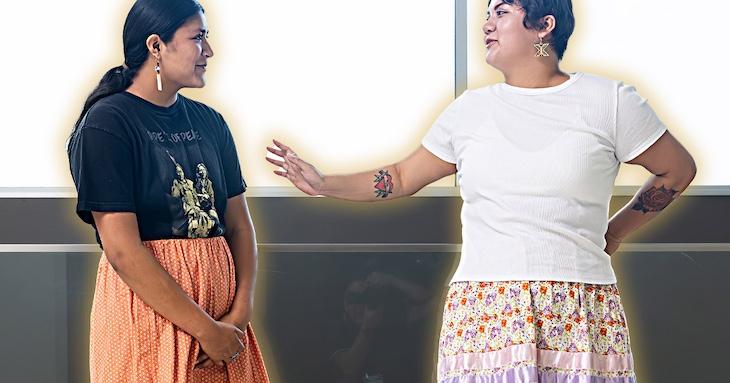-
How to Have Difficult Conversations
Whether it’s addressing a conflict with a friend, providing constructive feedback at work, or discussing sensitive topics with family members, difficult conversations are inevitable. Especially at work, where you must continue to work together smoothly and cooperatively, being able to have difficult conversations is an important skill. These conversations can be challenging, but with the right approach, they can lead to positive outcomes and stronger relationships. Here are some strategies to help you navigate difficult conversations effectively.
-
Tips When Considering a Career Change
If you question whether your work is right for you, it’s likely an indication that something is off or you’re not fulfilled. You’re not alone. Less than 4 percent of professionals globally — 13 percent in United States — report that their work fits their interests and needs. While facing a major change can seem daunting, it’s important to pay attention to the signals your mind and body are sending. Consider what the ideal work situation would be for you — both short- and long-term — and choose a life that allows you to thrive. Here are some tips when considering a career change.
-
How to Strengthen the Mind-Body Connection
Have you ever experienced a churning stomach before giving a presentation, or gotten goosebumps upon hearing a beautiful singing voice? These physiological reactions are caused when the brain releases a chemical — cortisol in times of stress or oxytocin in times of pleasure — in response to whatever emotional event you’re experiencing. The response also demonstrates how closely our mental and physical health are linked. One can have a direct impact on the other, which can affect your overall health and wellbeing. It's known as the mind-body connection.
-
Tips for an Effective Presentation
Solid presentation skills are important in today's workplace. Not only do they demonstrate your ability to communicate effectively, but they also enhance confidence and engagement with the audience. Mastering the art of presenting can lead to improved professional relationships, increased influence, and even career advancement. Whether you’re new to your field or a seasoned professional, it’s always smart to sharpen your presentation skills. Here are a few key elements of a successful presentation to keep in mind:
-
Tips for a Productive Campus Visit
With roughly 6,000 colleges in the United States, choosing the right one can seem like an overwhelming task. Factors such as programs, academic rigor, size, location, and available resources need to be considered by a prospective student and their family. While visiting college websites is important, there’s nothing like a campus visit to help get a good feel for a school and what it’s like to be a student there. Here are some tips for a productive campus visit.
-
The Mentor–Mentee Relationship
A relationship in which an experienced person — a mentor — counsels and supports a less experienced person — a mentee — to help them develop professionally and personally is known as mentorship. While the practice is beneficial for all involved, research shows that Indigenous students and professionals who have a mentor typically experience increased perseverance and success. Here’s a breakdown of what contributes to a positive mentor–mentee relationship.
Know Yourself -
The Importance of Asking for Help
Increased independence comes with growing older. But don’t mistake independence with living alone on an island. There will be times when you’ll need some extra guidance and support — and that’s perfectly OK. While it’s good to try to work things out for yourself, it is important to know when to ask for help.
-
Marcus Alaula’ikawai Nahalea | Navajo and Native Hawaiian | Stanford University
Tótsonii nisłį´ Hawaiian bá shíchíín. Hask’ąą hadzohí éí dashícheii dóó Hawaiian éí dashinálí.
I am Navajo and Native Hawaiian — two cultures defined by their advocacy and resilience. They fight for their responsibility for the land. This value deeply shapes my identity and my career goals. -
Stefani Zaira Martinez | Village of Kotlik | University of Alaska Anchorage
I live in Alaska where I’ve spent many summers fishing with my family near Kenai. I’ve seen that here in Alaska, the health of the land and animals is directly related to the well-being of the rural population. Now, I am halfway through my studies at the University of Alaska Anchorage, where I major in chemistry. I hope to use my knowledge to bring about desperately needed improvements for the land.
-
First Nations Launch Takes Off
The First Nations Launch (FNL) program is not just about building rockets — it’s about building futures. In fact, FNL is transforming the aerospace landscape for Indigenous students. What began with a few tribal colleges has evolved into a dynamic program that fosters talent across 96 tribes, 44 institutions, and 19 states, with participants from Canada testing their skills as well. Blending technical challenges, professional networking, and cultural integration, FNL has become a powerful force for Indigenous representation in STEM.















